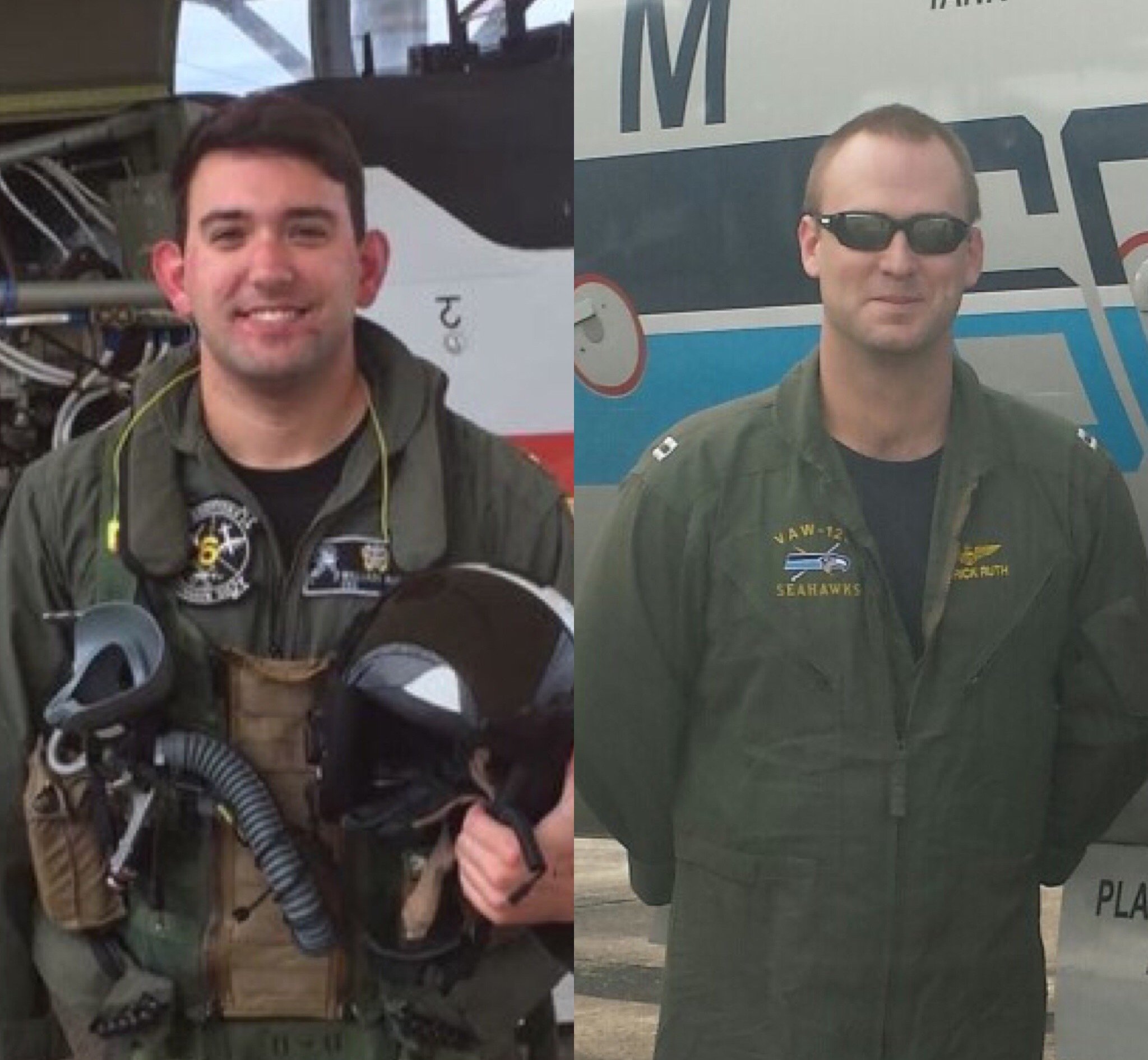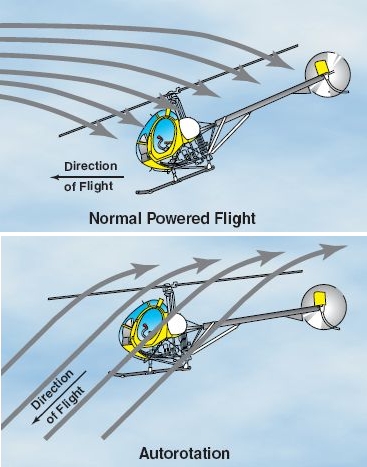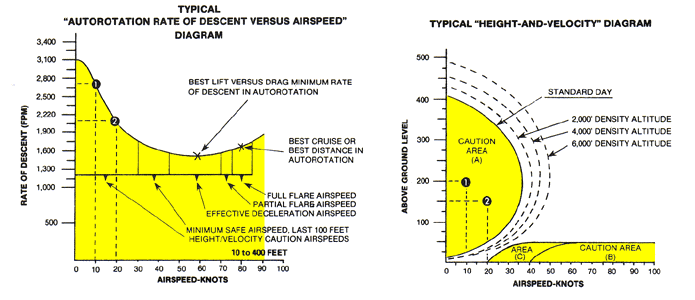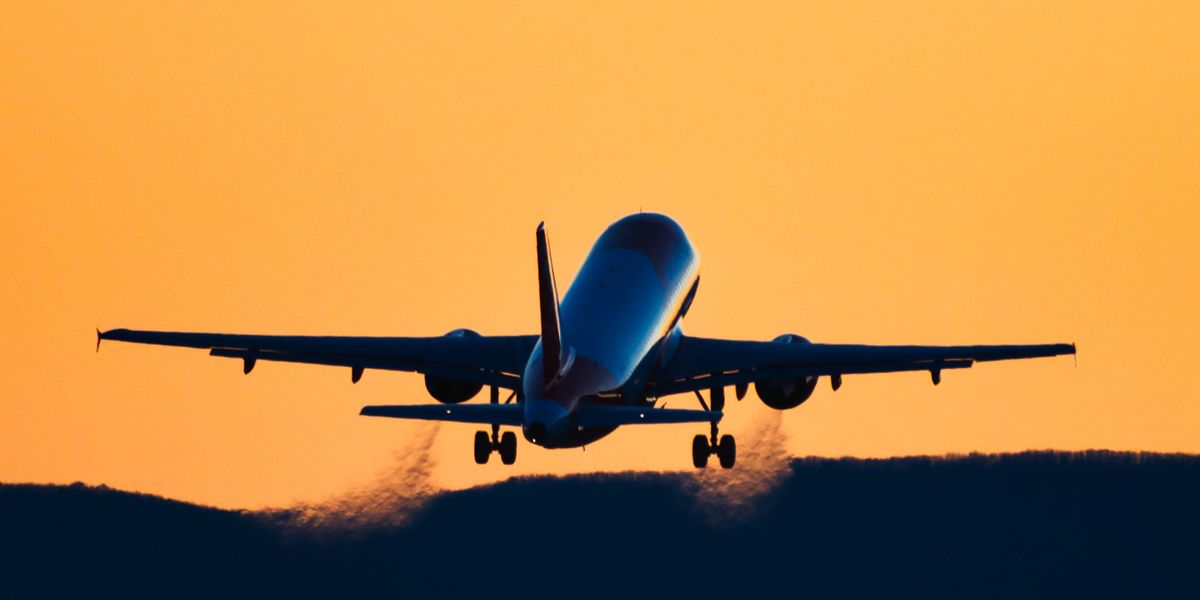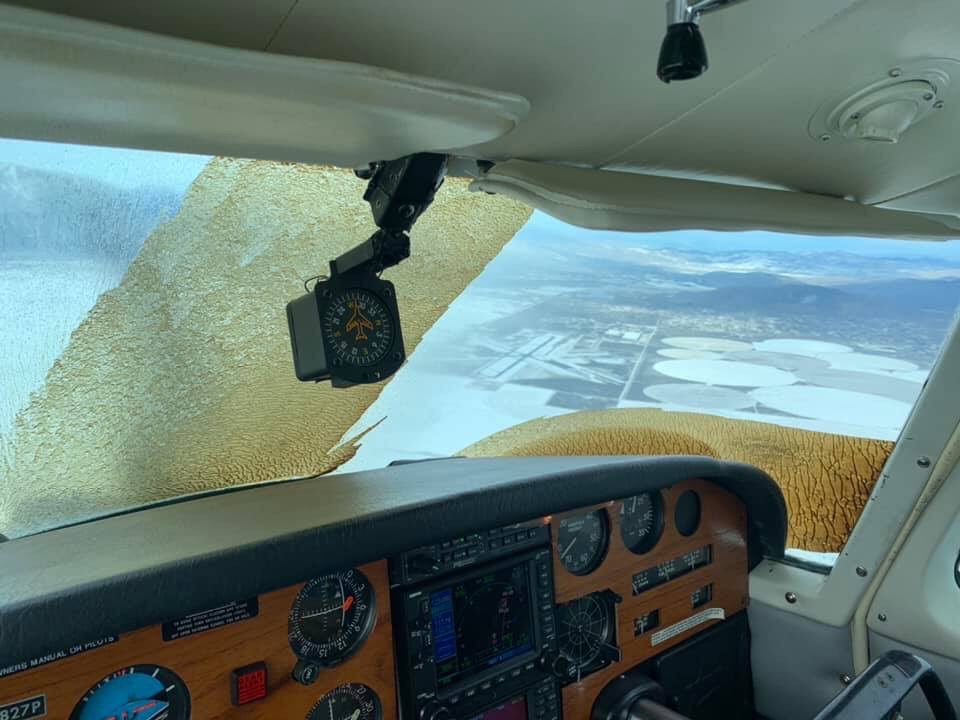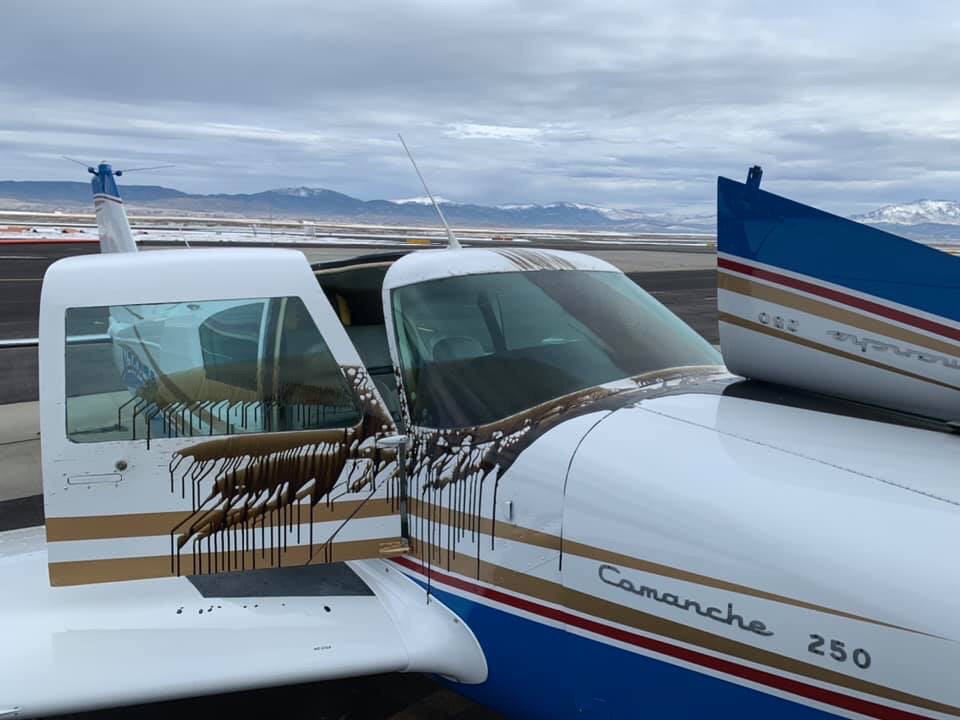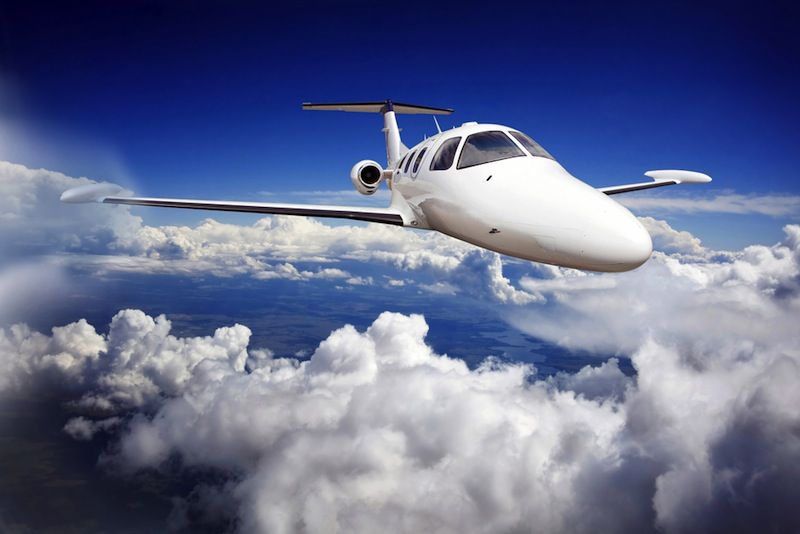- Joined
- Sep 30, 2004
- Messages
- 262
- Reaction score
- 151
Although I was never a huge Kobe Bryant fan myself (Chicago native who always got defensive about the Michael Jordan comparisons), I was still pretty shocked about his passing. He was close to me in age and I could still always appreciate his amazing accomplishments and the fact that he was adored by millions across the globe. He also seemed to have many talents outside of basketball that he was just starting to delve into. It is of course even more sad that his daughter (along with other friends) were with him.
I know that some of you on this site have private airplane pilot's licenses. Not sure if any of you have helicopter licenses. It seems to me that a disproportionate number of wealthy people die in private airplane and helicopter crashes than they ever would flying on a commercial jet. I believe the data backs that up as well. For those that fly, does hearing stories like these (and JFK Jr, John Denver, Aaliyah, etc.) ever make you think twice about flying on your own?
I know that some of you on this site have private airplane pilot's licenses. Not sure if any of you have helicopter licenses. It seems to me that a disproportionate number of wealthy people die in private airplane and helicopter crashes than they ever would flying on a commercial jet. I believe the data backs that up as well. For those that fly, does hearing stories like these (and JFK Jr, John Denver, Aaliyah, etc.) ever make you think twice about flying on your own?
